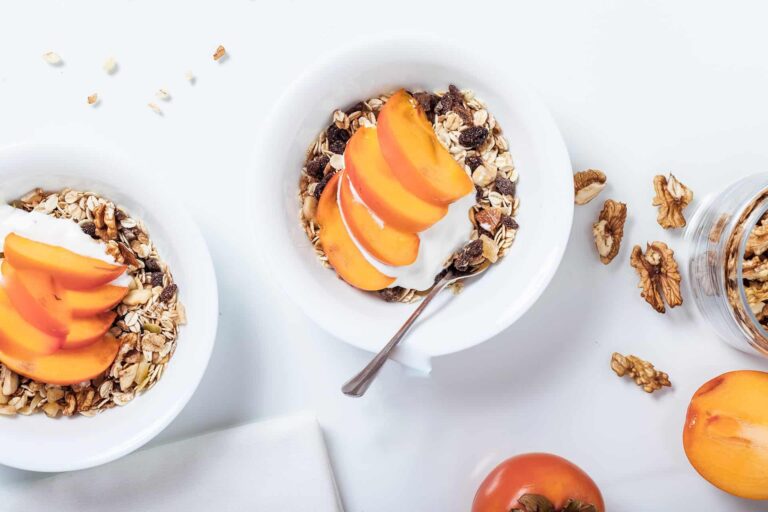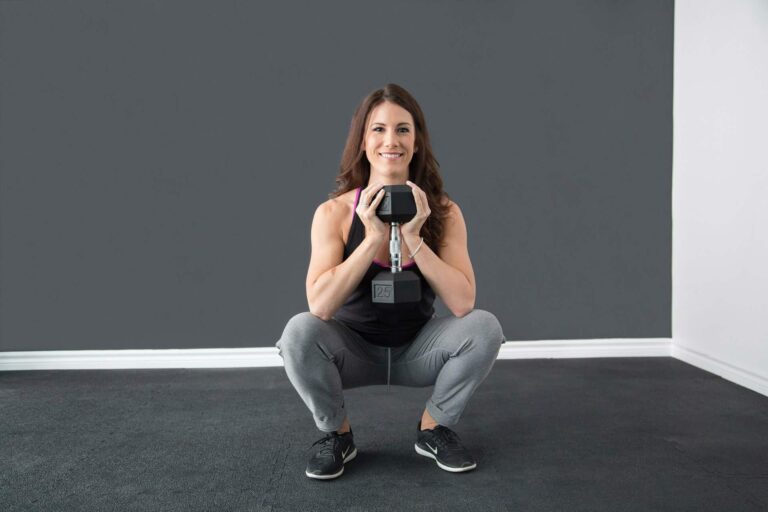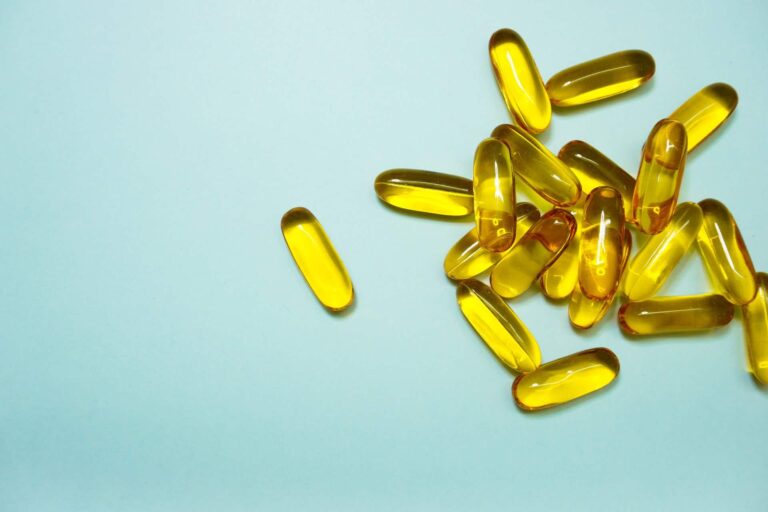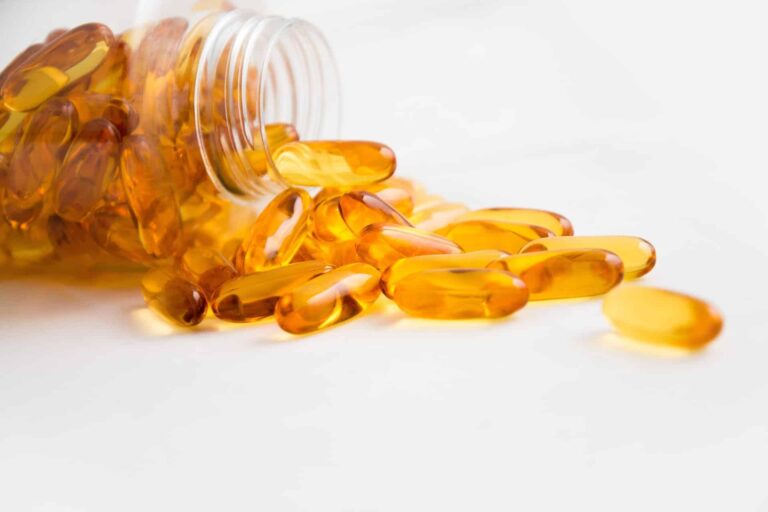The Best Teas To Sip At The End Of A Stressful Day, Expert-Approved

There’s nothing quite like a warm cup of tea at the end of a stressful day. Whether it’s to unwind after a long workday or to calm your mind before bed, tea has been a trusted companion for centuries. But with so many options to choose from, how do you know which tea is best for relaxation and restoring balance? Fortunately, wellness experts agree that certain teas contain soothing properties that go beyond their flavor. From calming chamomile to invigorating peppermint, the right blend can make all the difference in turning your evening routine into a peaceful ritual.
The beauty of tea lies not only in its taste but also in its health benefits. Many herbal teas are packed with nutrients, antioxidants, and natural compounds that help reduce stress, improve sleep, and even boost your immune system. So, what are the top teas to sip at the end of a long day? Here’s a look at expert-recommended choices and how they can help you unwind.
The many ways vitamin D supports our whole-body health.
Vitamin D, often known as the “sunshine vitamin,” plays a critical role in maintaining our overall well-being. While it’s commonly associated with bone health, vitamin D’s benefits extend much further, supporting numerous bodily functions from immunity to mental health.

Immune Function: Adequate levels of vitamin D help our immune system fend off illnesses. It has been shown to improve the body’s ability to fight infections and reduce inflammation. A strong immune system is essential in today’s fast-paced world, where stress can easily compromise our body’s defenses.
Mood & Mental Health: Low levels of vitamin D have been linked to mood disorders like depression and anxiety. As an essential nutrient for brain health, it helps regulate mood and reduce symptoms of stress and fatigue—making it crucial for emotional well-being, especially after a tough day.


1. Promotes muscle strength and function.
Vitamin D is essential not just for bone health but also for muscle strength and function. As Hans Selye explained in his General Adaptation Syndrome (GAS) theory, the body’s response to stress, including physical stress from exercise, involves a series of stages: alarm, resistance, and exhaustion. During this process, muscle fibers adapt to repeated use, but adequate vitamin D ensures the muscles recover properly and grow stronger after physical exertion. Without sufficient vitamin D, muscles may weaken, increasing the risk of injury and fatigue.
“Whether a man suffers from a loss of blood, an infectious disease, or advanced cancer, he loses his appetite, his muscle strength, and his ambition to accomplish anything,” Selye noted. This highlights how vital muscle strength is for overall health and how it declines under stress without the right nutrients . (Strength in Numbers).
Hans Selye
Muscle Strength: Vitamin D facilitates calcium absorption, which is necessary for muscle contraction. Without enough vitamin D, muscle fibers can weaken, leading to fatigue and a higher risk of injury.
Prevention of Muscle Loss: As we age, muscle loss becomes a natural part of life, but adequate vitamin D levels can help slow this process. Studies show that maintaining optimal vitamin D levels helps prevent muscle deterioration, promoting healthier aging.
Improved Recovery: For those who are physically active or prone to muscle soreness, vitamin D aids in faster recovery after exercise. This is particularly beneficial if your day involves strenuous activity or if you’re looking to stay fit despite a busy lifestyle.
2. Supports antioxidant activity and longevity.
Vitamin D’s role in promoting antioxidant activity is another lesser-known but powerful benefit. In addition to its role in muscle strength, vitamin D is a powerful supporter of antioxidant activity, helping the body combat oxidative stress and free radicals. This protective mechanism helps slow aging and prevent chronic diseases. Antioxidants are crucial for cellular repair and longevity, keeping your body functioning optimally as you age.
1. Fights Free Radicals: Vitamin D acts as an antioxidant, neutralizing harmful free radicals that can damage cells. This is crucial for maintaining cellular health and preventing chronic diseases like heart disease and cancer.
2. Slows Aging: Vitamin D supports DNA repair and protects against the oxidative stress that speeds up aging. By promoting better cell function and longevity, it helps your body stay younger, longer.
3. Boosts Energy Levels: Since oxidative stress can also contribute to fatigue, ensuring proper vitamin D levels may help you feel more energetic and vibrant. This is especially important after a tiring day, where both your mind and body feel drained.
4. Supports DNA Repair: Vitamin D’s ability to boost antioxidant defenses helps protect your cells from damage, which is essential for long-term health and vitality.

By reducing oxidative damage, vitamin D plays a significant role in keeping you feeling youthful and vibrant. If you’re aiming to live a long, healthy life, ensuring adequate vitamin D levels is a smart step toward longevity and vitality.
3. Provides fertility and reproductive health support.
Vitamin D is essential not only for overall health but also for reproductive health in both men and women.

For Women: Studies show that vitamin D improves ovarian function and may help regulate menstrual cycles, making it an important nutrient for women trying to conceive. Adequate levels of vitamin D during pregnancy also support the health of both the mother and the developing baby.
For Men: Vitamin D boosts testosterone levels and improves sperm quality, making it a key factor in male fertility. Men with low vitamin D levels may experience reduced reproductive function, which can impact fertility.
Hormonal Balance: Vitamin D plays a critical role in maintaining hormonal balance, which is essential for reproductive health. A deficiency in vitamin D can lead to disruptions in hormone production, making it harder for couples to conceive.
Whether you’re planning for the future or simply aiming to support your reproductive health, maintaining healthy vitamin D levels is a crucial step.









